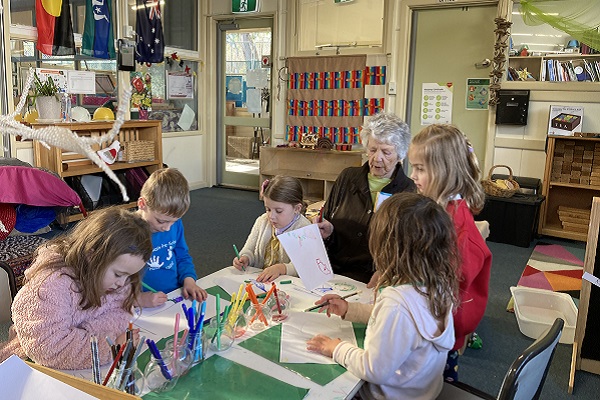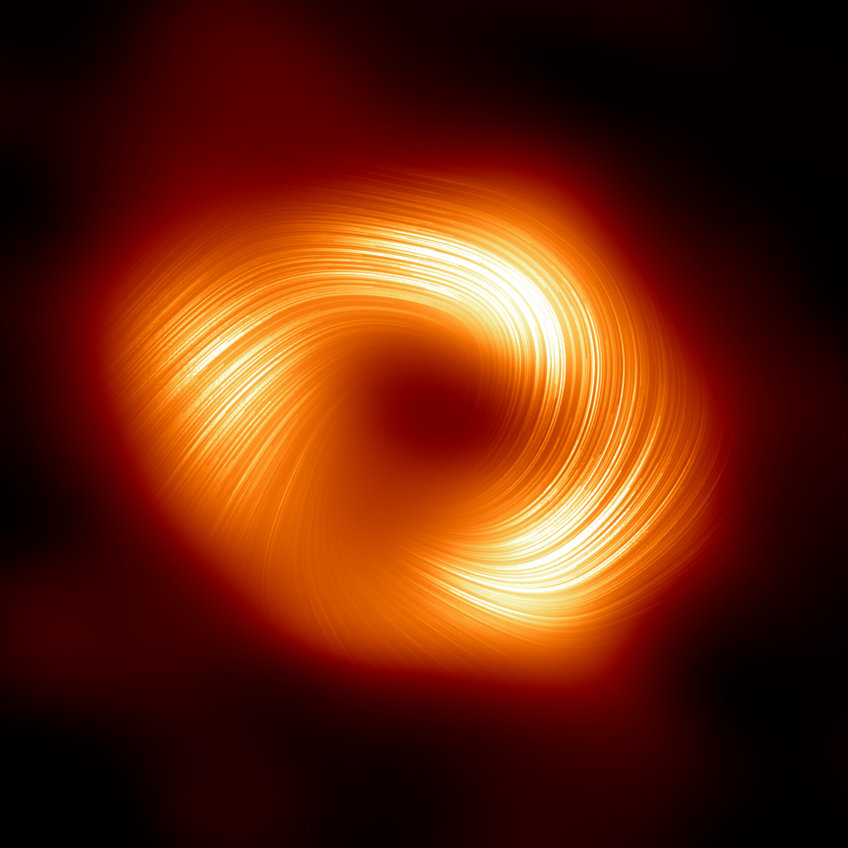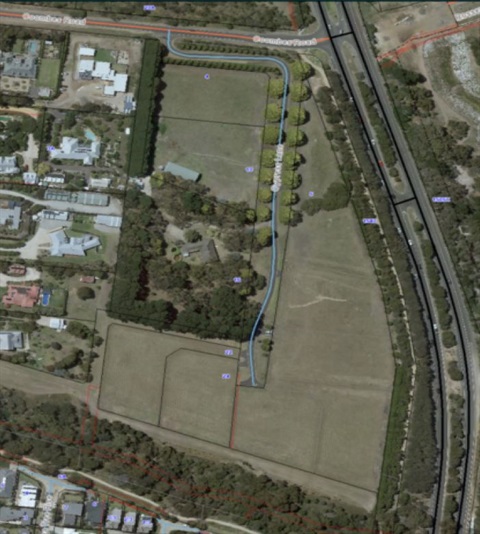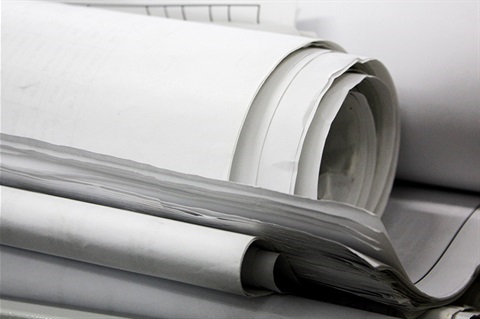A new collaboration between the University of South Australia (UniSA) and the University of Wollongong (UOW) is set to boost Australian defence industry research, focussing on each university’s strengths in data analytics and artificial intelligence.
UniSA and UOW signed a Memorandum of Understanding this week to underpin the collaboration to deliver Australian Department of Defence (DoD) capability and explore wider engagement across other disciplines.
The collaboration will enable new advances using AI and data analytics in the area of informed decision making and the development of goal-oriented autonomous systems.
UniSA Director, Defence and Space, Matt Opie says combining the expertise of both organisations will improve the quality, depth and scope of the research delivered to Defence.
“Together we can use our complementary research strengths to deliver better innovations and solutions for the Department of Defence,” Opie says.
“UniSA has key research capabilities in information ecosystems, data analytics and the internet of military things to support a range of defence force requirements from battlefield decision making to military intelligence support systems.”
“Matched with what UOW can provide, we will be able to deliver a formidable research asset to the DoD and allied industries.”
UniSA’s research team lead by Professor Markus Stumptner includes mathematicians, statisticians, engineers and software scientists with expertise in software interoperability, software architecture, Federated Analytics Platform, autonomous systems, and cybersecurity by design. The team also has expertise and research experience in data fusion, optimisations, mining, and trustworthiness and in sensor systems, digital twin/asset life cycle management, overarching Digital Models + Digital Systems, and predictive maintenance.
Artificial Intelligence research lead at UOW, and Director of the Decision Systems Laboratory, Professor Aditya Ghose says his group works in a field called Knowledge Representation and Reasoning.
“Our work applies knowledge representation and reasoning techniques to problems relating to intelligent agent systems, machine learning, optimisation using constraint programming, goal modelling, service science and business process management,” Prof Ghose says.
UOW Defence Strategy Leader, Dr Paul Di Pietro says each partner brings unique Defence capabilities to the table.
“Both universities have a proud history of contributing to Australia’s security through strong partnership with the Australian DoD and defence industries and a willingness to work on finding tangible solutions and relevant innovations for our industry partners,” Dr Di Pietro says.
Research from the universities will focus on:
- high-level interactions between defence systems to support battlefield decision making;
- autonomous systems that can think for themselves and operate in support of mission goals;
- information ecosystems that allow the integrated management of digital twins across the defence asset lifecycle;
- Software and cyber-physical systems that are self-aware and able to autonomously assess mission alternatives and support high pressure, rapid decision making;
- Artificial intelligence to support data analysis, to assess for example the location and behavioural patterns of terrorist cells or adversary forces.
UniSA and UOW also plan to work with the Defence Science and Technology Group to assess where their combined AI capability can be applied to the newly released STaR (Science Technology and Research) Shots technology areas outlined in the More, Together 2030 strategy document.








